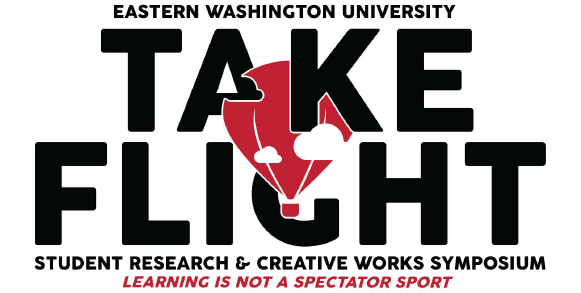
Faculty Mentor
Professor Thomas Hawley, PhD
Document Type
Oral Presentation
Department
International Affairs
Abstract
Not much is more heavily debated in the realm of social sciences than the phenomenon of Neoliberalism. Philosophers and academics alike, from the lectures by Michel Foucault in the latter half of the 20th century, to the publications of David Harvey and Wendy Brown today, the only constant is that Neoliberalism is a complex and nuanced system of internal governmentality. These fundamental changes to our paradigms trigger an evolved adaptively plastic mechanism that regulates our inclusive and exclusive moralities. By analyzing the mechanic structure of Neoliberalism and how it changes our paradigms of identity and relations, we may begin to understand how these paradigms have biocultural effects on our concepts of morality.
Recommended Citation
Murphy, Richard R., "Economics Over All: How Neoliberalism Affects our Paradigms of Identity and Relationships in the 21st Century" (2023). 2023 Symposium. 15.
https://dc.ewu.edu/srcw_2023/works_2023/works_2023/15
Creative Commons License

This work is licensed under a Creative Commons Attribution-NonCommercial-No Derivative Works 4.0 International License.
Included in
Ethics and Political Philosophy Commons, International Relations Commons, Political Theory Commons
Economics Over All: How Neoliberalism Affects our Paradigms of Identity and Relationships in the 21st Century
Not much is more heavily debated in the realm of social sciences than the phenomenon of Neoliberalism. Philosophers and academics alike, from the lectures by Michel Foucault in the latter half of the 20th century, to the publications of David Harvey and Wendy Brown today, the only constant is that Neoliberalism is a complex and nuanced system of internal governmentality. These fundamental changes to our paradigms trigger an evolved adaptively plastic mechanism that regulates our inclusive and exclusive moralities. By analyzing the mechanic structure of Neoliberalism and how it changes our paradigms of identity and relations, we may begin to understand how these paradigms have biocultural effects on our concepts of morality.



Comments
This is a work in progress paper, with the Power Point presented at the symposium more of a starting point for the research. As the writing and research continues, the title, abstract, direction and purpose of this paper may change.